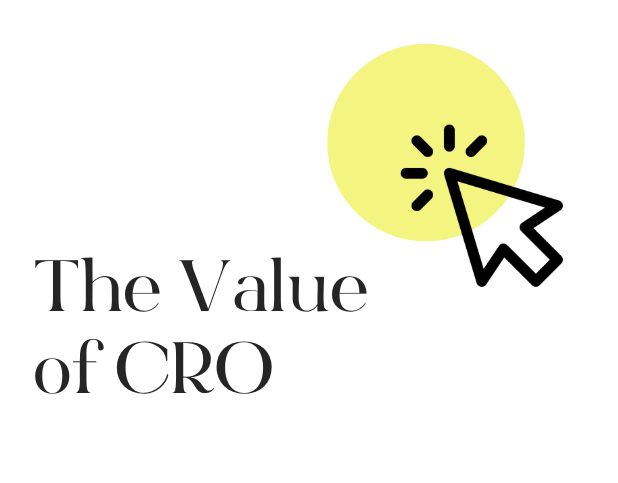Most small businesses don’t have the luxury of investing heavily in their marketing efforts. They have to be strategic and make the most of the budget they do have so they can continue to grow. Search engine optimization (SEO) is the process of optimizing your website to rank higher in search engine results pages (SERPs). This targeted approach to marketing allows you to attract potential customers who are actively searching for the products or services that you offer, making it a game changer for small business owners looking to generate quality leads without investing in expensive advertising campaigns.
In this blog, we will talk about the benefits of SEO for small businesses and how to implement effective SEO practices for your brand.
Benefits of SEO for Small Businesses
It Increases overall brand visibility
One of the most significant benefits of SEO for small businesses is that it increases the overall visibility of your brand online. By optimizing your website for search engines, you make it easier for potential customers to find your business when they search for relevant keywords and phrases. This increases your brand’s exposure and can lead to more website traffic and ultimately more sales.
It helps generate quality leads
By optimizing your website for the specific keywords and phrases that your potential customers are searching for, you can attract high-quality leads that are more likely to convert into paying customers. Unlike traditional marketing methods, SEO targets people who are actively looking for the products or services that you offer, making it a highly effective way to attract new customers.
It’s free
One of the best things about SEO is that there are many aspects of it that businesses can implement themselves without any cost at all. This includes things like optimizing your website content, improving page load times, and creating high-quality backlinks. Although there may be costs associated with hiring an SEO professional to help you with more advanced tactics, there are many simple and effective things that you can do on your own to improve your website’s search engine rankings.
6 SEO Best Practices to Grow Your Small Business
1. Create long-form content
Search engines tend to favor longer content, as it provides more information for their users. Aim for at least 300 words on a regular post or page, but longer is even better. Note that the quality of information is also important. Never add content just for the sake of length but do try to keep webpages and blogs valuable and information-rich.
2. Include high-value target keywords
Conduct keyword research to identify the best keywords to implement on your site. Focus on a mixture of short- and long-tail keywords, which tend to show higher interest and intent. Use keywords in your content naturally and avoid overstuffing. Google’s keyword planner is a great free resource to discover keywords related to your business.
3. Include ALT tags on all media
Including ALT tags on all media is crucial for accessibility and providing valuable information for search engines. ALT tags are descriptions of images that appear on your website. Include a focus key phrase on at least one of the image alt tags on a page.
4. Optimize meta descriptions on all pages
Optimizing meta descriptions on all pages is necessary for providing accurate descriptions of your page’s content. Meta descriptions are the snippets that appear under the title tag in search results. Use target keywords and ensure that each page has a unique meta description that accurately describes what the page’s content is about.
5. Optimize URL structure
Use a clear and concise URL structure that ends with the post or page name. Include target keywords somewhere in the URL and consider prefixing the post name with the relevant category.
6. Include internal links on pages
Internal links help search engines understand the structure of your website and how pages are related to each other. Include links from your homepage, menu, and other pages within your content.
Overall, SEO is a powerful tool for small businesses looking to improve their online visibility, attract more customers, and grow their business. By implementing a targeted SEO strategy, you can reach more potential customers, generate more leads, and ultimately increase your revenue and profitability.
If you’re interested in learning more about smart small business marketing, be sure to subscribe to our newsletter and connect with us. Or if you want to learn more about SEO, schedule a meeting with our team!
About BuzzShift
BuzzShift is a digital strategy agency on a mission to grow mid-market, purpose-driven brands with the power to positively impact society and improve people’s lives. By combining the ideologies of branding, performance marketing, and retention agency, we can create memorable experiences with measurable results and build long-term success for our clients. Learn more about BuzzShift.






